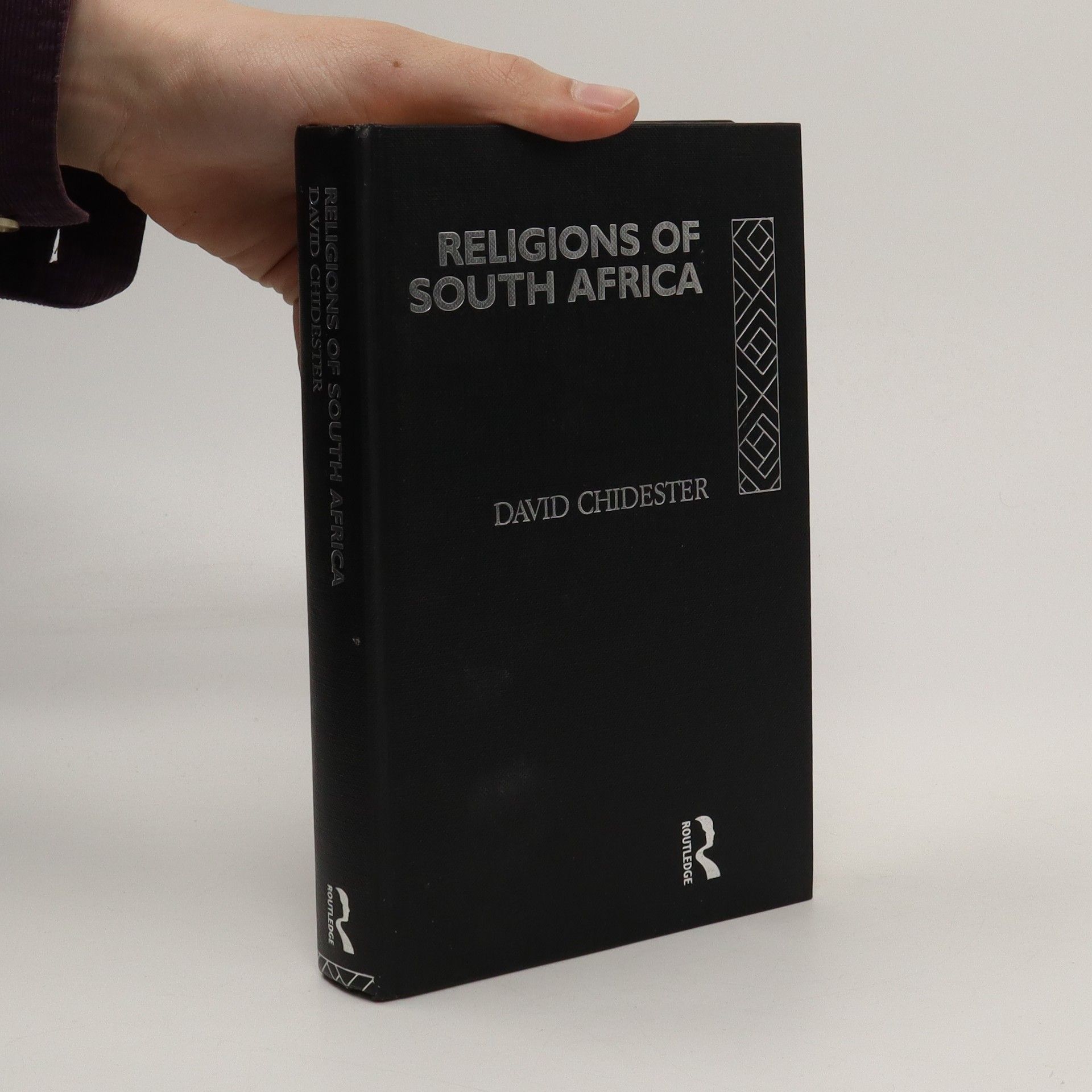Religions of South Africa (Routledge Revivals)
- 286pages
- 11 heures de lecture
The book offers a comprehensive examination of South Africa's religious diversity, presenting a cohesive narrative that includes African traditional religions, the impact of Christian missions, and African innovations in the nineteenth century. This reissue serves as a valuable resource for students across various disciplines, including religious studies, South African history, anthropology, sociology, and political studies, making it an essential introduction to the subject.

